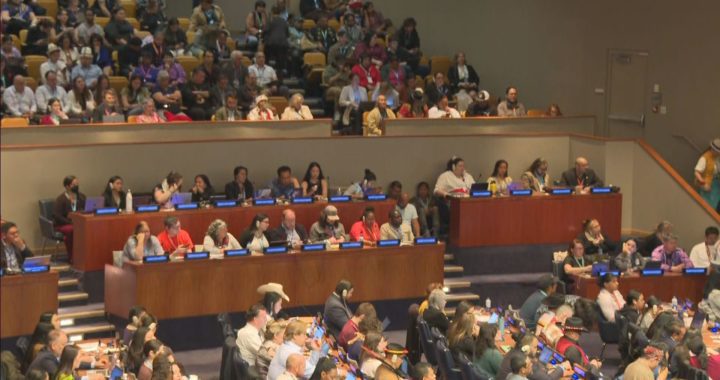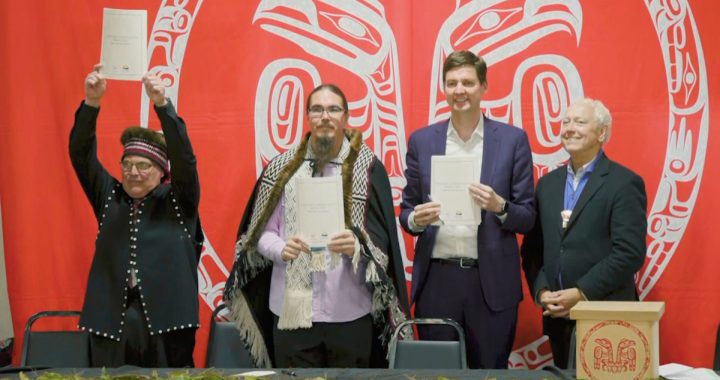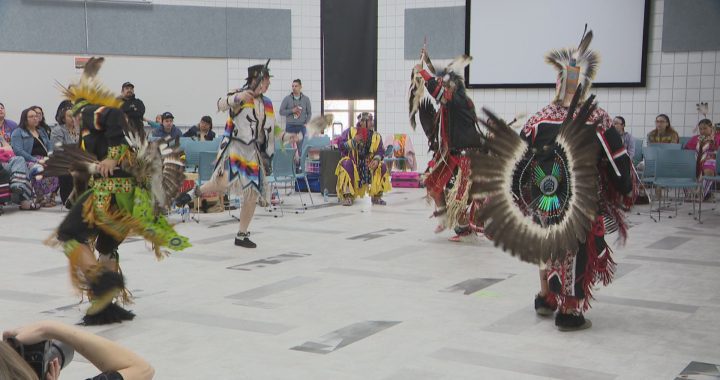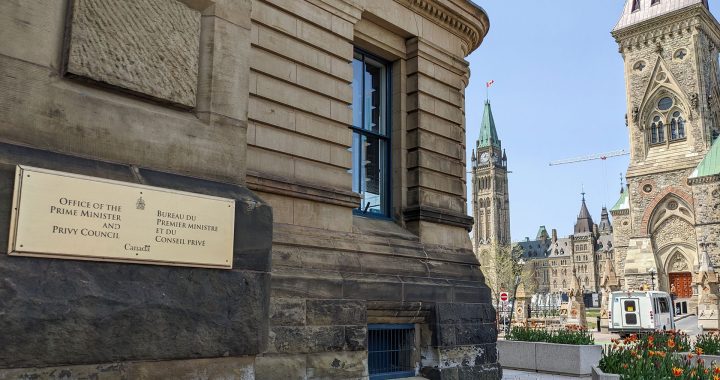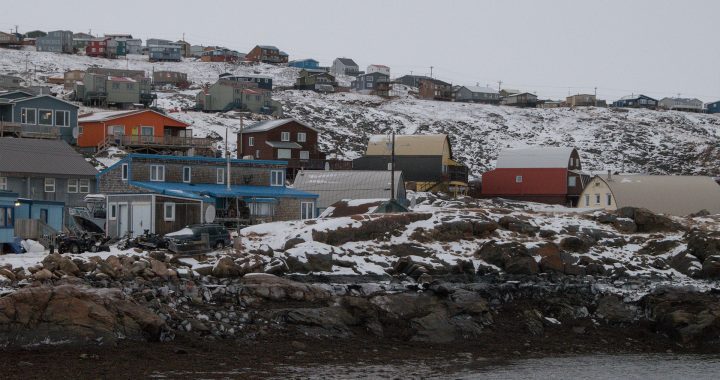Departing Fisheries Minister Bernadette Jordan says the interim agreement signed with Mi’kmaq communities indicate her approach to the lobster harvest is working, despite continuing tensions on the water.
“I think the approach we’ve taken, as demonstrated today, is working,” she said. “We have First Nations out on the water today fishing a moderate livelihood …. We have understandings in place. These are very positive signs of communities that want to work with the government of Canada.”
The Nova Scotia cabinet minister, who remains in her post until a new cabinet is named, was defeated in the Sept. 20 election, with some political scientists saying the fishing disputes in St. Marys Bay cost her votes among Mi’kmaw communities and commercial fishers.
On Wednesday, the federal fisheries department announced it had negotiated lobster fishing arrangements with the traditional Mi’kmaw district of Kespukwitk, the southern area of Nova Scotia, which includes the communities Bear River, Annapolis Valley, Acadia, and Glooscap First Nations.
No deal was signed, and this interim agreement will be revised at the end of the season, and negations will continue to formalize an agreement.
Bear River and Annapolis Valley First Nations authorized their fishers to set 70 traps per harvester off southern Nova Scotia and to legally sell their catch. They will harvest lobster during the regular commercial season, in lobster fishing areas 33, 34, and 35, known to be the most lucrative lobster areas in Canada.
The DFO allocated 3,000 traps, which will be allocated to band members, of the four First Nation communities, with 70 traps per harvester, and authorization to sell the lobster.
The Acadia and Glooscap First Nations also participated in the discussions and may request to take part in fishing this season under the same agreement.
Some community members say the deal is another commercial fishery license, not so, says
Eric Zscheile, a lawyer for Bear River First Nation and on the negotiating team for KMNKO which works on behalf of the Assembly of Nova Scotia Mi’kmaw Chiefs.
“Well it’s different from the commercial fishery in the fact that harvesters and year are going to be identified by the community and the community’s going to make the decisions about how many people are designated as harvesters,” says Zscheile.
Tensions remain, however, between Ottawa and Sipekne’katik First Nation, whose fishers say government officers have been seizing traps set under their self-regulated fishery off southwest Nova Scotia.
Sipekne’katik cites a 1999 Supreme Court decision affirming Mi’kmaw communities to fish for a moderate livelihood, but the court later clarified that Ottawa could regulate the treaty right for conservation purposes. Fisheries scientists maintain that the lobster stock off Nova Scotia is healthy.




